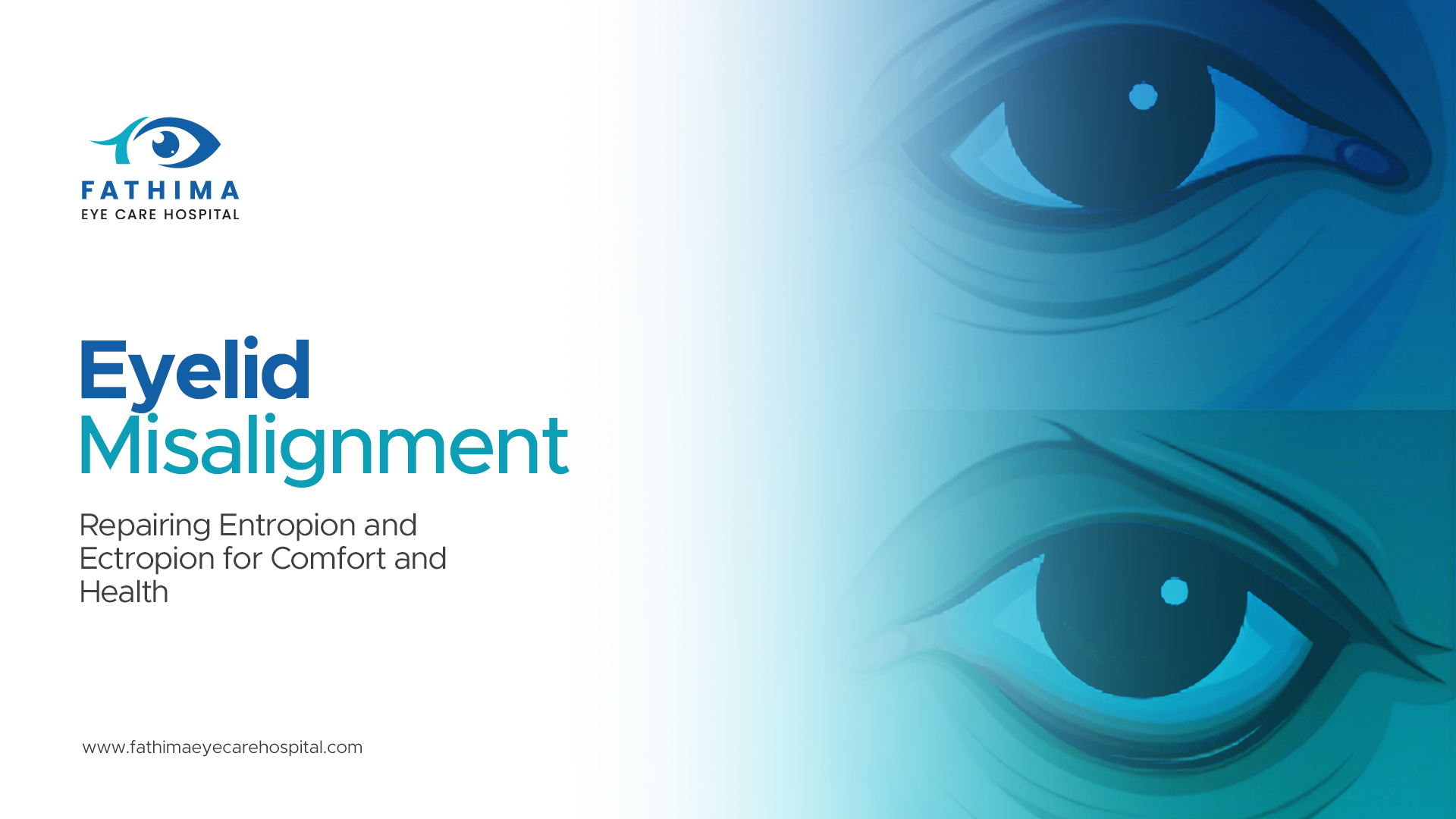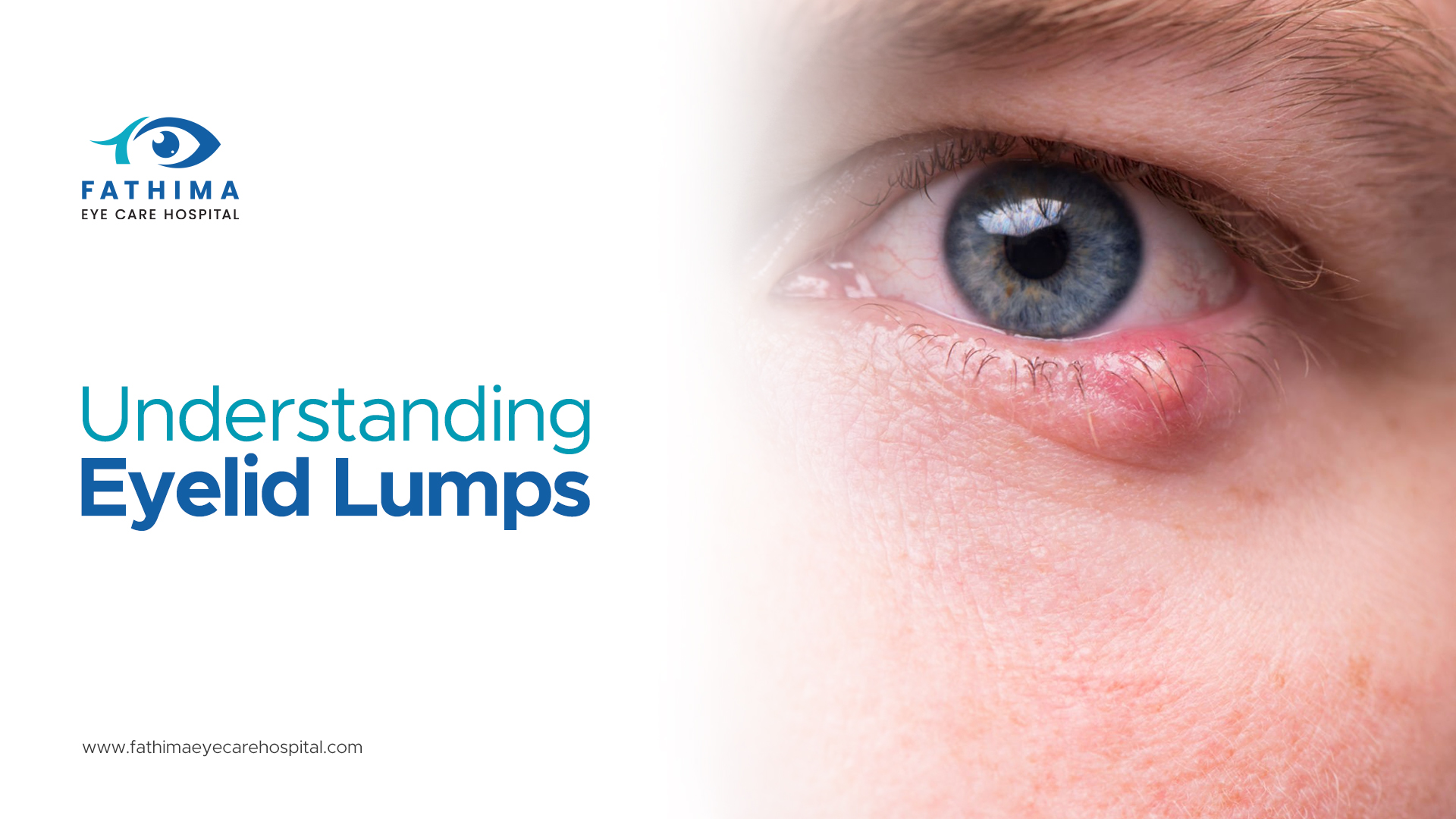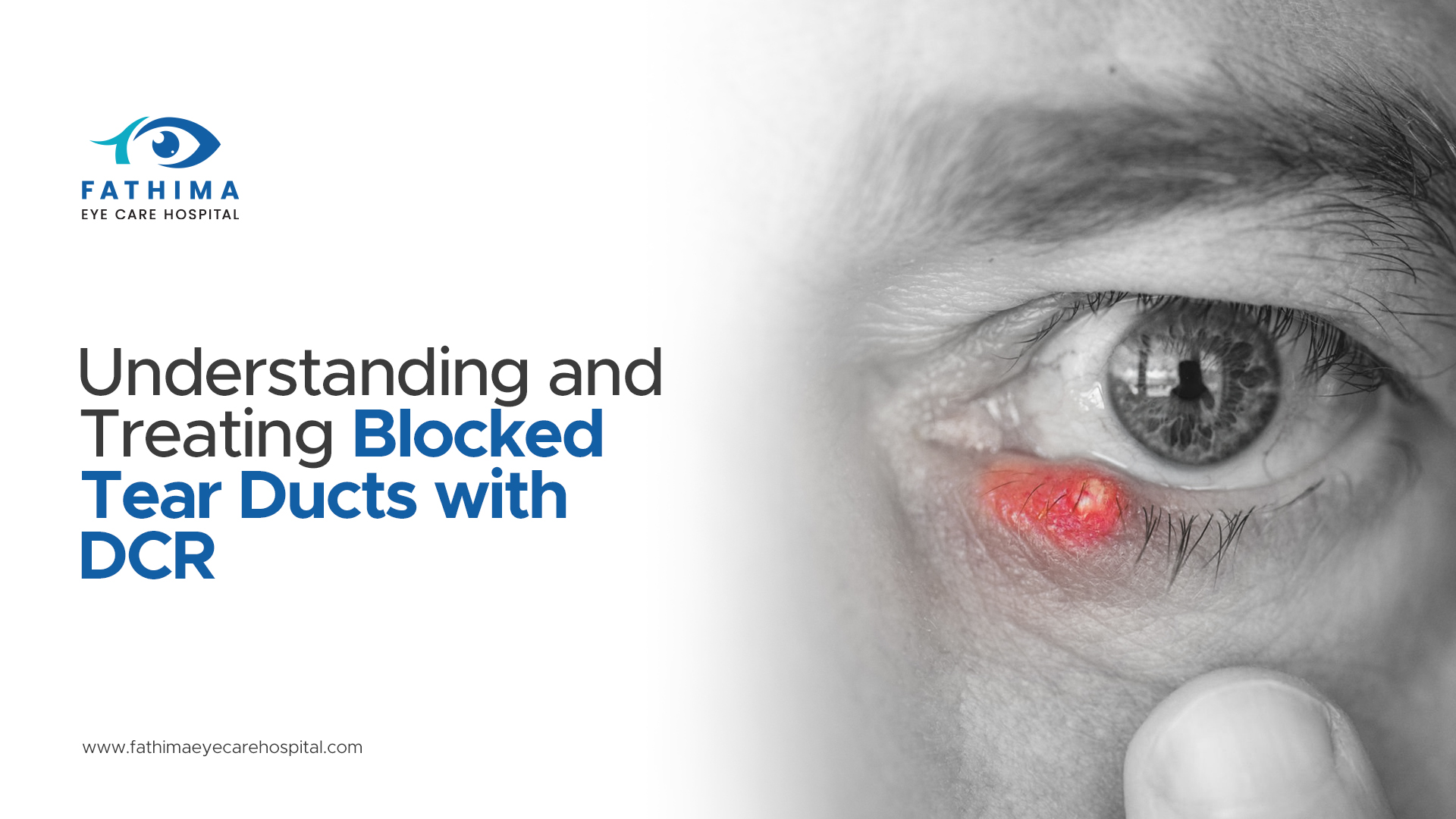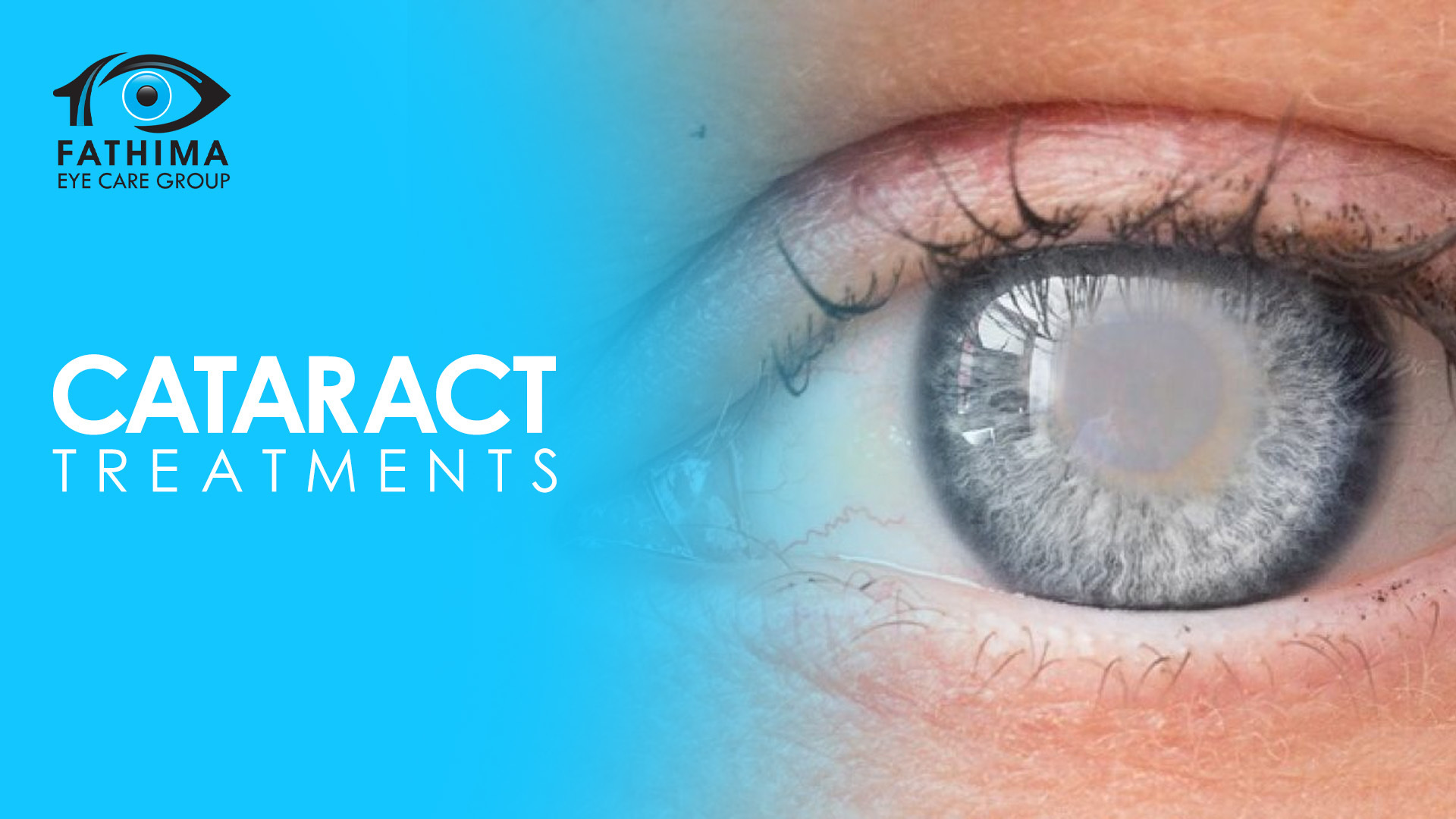

Cataracts are the most common issue that has been extremely common worldwide, hampering the quality of vision for millions who are of especially old age. The progressive condition of cataracts include clouding of the eye’s lens, which can significantly cause blurring, leading to an ultimate vision loss over time. Cataracts can significantly impact the quality of one’s life, where an early awareness about the causes of cataracts and its potential risk factors can help individuals to manage the issue and in turn prevent severe vision loss. Let’s explore how cataracts can be dealt with, right from knowing about those natural remedies that can lower the risk of cataracts and also lead to conditions that can make one confident to opt for cataract treatment without surgery. This can be a stature of delaying the occurrence of cataract surgery and can also guide as to when you can go for a cataract surgery.
What Are Cataracts?
In normal cases, the eye’s lens works as a clear structure that allows a clear focus of light into the retina, creating sharp, detailed vision. As when cataracts develop, these lenses become cloudy, with reduced light falling in and around the retina, causing a blurred vision. It’s extremely important to recognise some of those early signs of cataracts, which can be diagnosed with regular eye examinations.
Cataract Causes and Risk Factors
Even though ageing has been identified as the most important risk factor for cataracts, there are even more risk factors that have been noticed as some of those key factors, which may even include family history which can be largely considered as a genetic predisposition to the condition. There is always an increased risk of developing cataracts with individuals who have conditions of prolonged diabetes as blood sugar levels can damage those proteins that are specific to eye lenses that can significantly accelerate the formation of cataracts.
Another risk factor can be the extensive exposure to those ultraviolet (UV) lights which is very common in sunlight that is all around. An intense exposure to such bright rays of sun can potentially create cellular damages in the lens. Long-term smoking is another potential risk for early cataracts where nicotine can act as a toxic chemical in significantly decreasing eye health. Eye injuries,trauma or even previous eye surgeries can also become an increased risk of developing cataracts that are all cataracts causing incidents of stress on the eyes.
There can also be some specific cataract causes and risk factors which includes the prolonged use of corticosteroids, that are commonly prescribed in managing chronic health conditions, which can also be the reason behind cataract development.
It’s ideal to lower the risk of cataracts and take necessary steps to preserve the best possibilities of maintaining eye health, that may also include taking up preventive actions like blood sugar management, ensured UV protection, and also by going through routine eye exams that can always act a preventive actions, guided by knowledge of these risk factors.
Early Signs of Cataracts
It’s extremely important to recognise the early signs of cataracts, that can ensure a better time for timely intervention, that potentially slows the progression of cataracts and preserves better vision. The most noticeable symptoms that can act as potential cataract risk factors include blurry or hazy vision, where all that is viewed would appear clouded, with lesser details. There can be also a potential risk of light sensitivity, which can also be a common symptom, creating an uncomfortable and painful situation when exposed to bright or direct sunlight. One can even expect halos around lights, that are especially common at night, which can be extremely challenging for night driving.
As and when, there is a study progress for cataracts, there can also be a depletion of colour, where yellow or faded tones can pop in to reduce vibrancy, making it harder to analyse certain hues of colours. Cataracts can also cause double vision in one eye, which can eventually lead to ghosted or duplicated images that reduces focus and clarity.
A proper eye examination is essential as soon as these symptoms begin to apply as a specialist ophthalmologist can do an early diagnosis to discuss specific treatments or even help with some significant life-style corrections to ensure effective reduction to the condition’s progression.
How to Prevent Cataracts
Ageing is definitely something that cannot be reversed, whereas lifestyle changes can reduce or even prevent the slow progression of cataracts.
One way of effectively controlling early cataracts is to wear sunglasses that can ensure protection from UV rays to reduce an immediate lens damage. Controlling your blood sugar is also the most effective step to control those early signs of cataracts as increased blood sugar is always a risk to your health and especially for eyes. Cataracts can be effectively controlled with a ready consumption of antioxidant rich foods that are rich in vitamins C & E. These antioxidants can literally ensure an increased protection for your eyes ensuring an overall health. Smoking is always hazardous and even for your eyes which can be instantly toxified. That’s another potential risk for fast cataract formation. Similarly alcohol consumption can also be lowered for better eye health. Proactive measures may also include regular eye examinations that can detect even those early signs of vision loss.
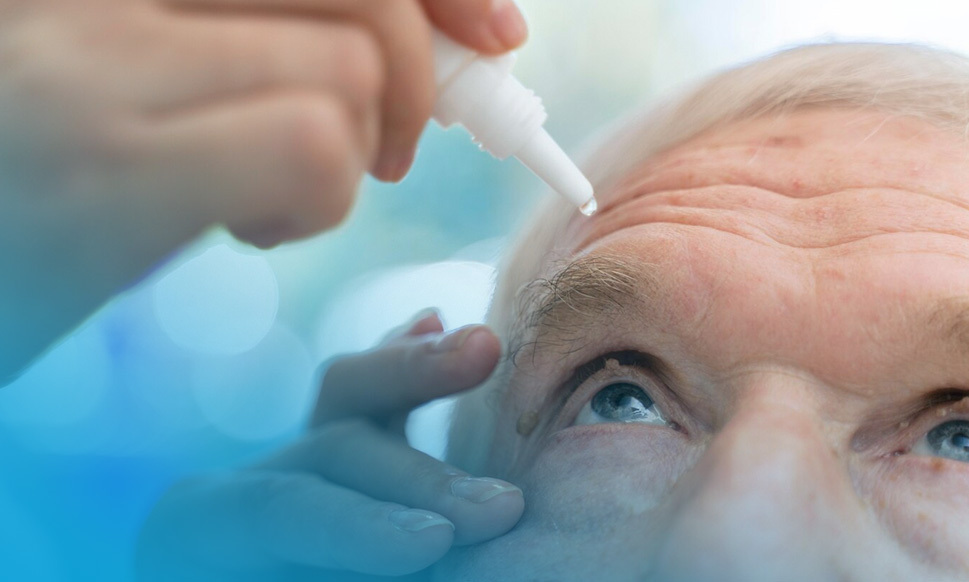
Also read: Phaco Surgery for Cataract: Everything You Would Need to Know
Common Symptoms of Cataracts and When to Seek Treatment
As there is a steady progression in the way cataracts can effect, they would become an increasing hazard to daily life. Some of those common symptoms of cataracts would include,
- Difficulty Reading: Even an initial cataract attack can cause blurry vision that can challenge your reading ability.
- Reduced Night Vision: That’s another potential risk of cataract which can reduce night vision making it extremely risky for night driving.
- Frequent Prescription Changes: There is always an increased chance of rapid vision changes that often indicate cataract growth.
- Sensitivity to Glare: Cataract eyes will also be sensitive, creating discomfort for indoor lighting.
These symptoms are extremely important in discussing various cataract treatment options with an eye specialist.
Cataract Treatment Options
In most of the cases, various non-surgical treatments may alleviate symptoms.All those chances for early interventions like improved lighting, anti-glare coatings, and stronger prescription glasses can be really effective in managing cataracts.
Natural Remedies for Cataracts:Though these treatments would never reverse cataracts, consumption of antioxidant-rich foods, and supplementing them with vitamins C, E, and lutein can literally support eye health.
Surgical Treatment: In most advanced cases, cataract surgery is the most accepted definitive solution. In a surgical procedure, clouded lenses are removed and replaced with an intraocular lens (IOL), that can restore better vision.
Cataract Treatment Without Surgery
If your symptoms are mild, cataract treatment without surgery can always be the possible option which can be done with some lifestyle adjustments:
- Improved Lighting: Always go for brighter lighting that can counteract cataract dimming.
- Anti-Glare Glasses: Specialised anti glare glasses with lenses can be used to reduce light sensitivity.
- Reading Aids: effective use of magnifiers can also be useful to handle close-up tasks.
- Frequent Eye Exams: Ensure to go through regular eye examinations that can allow timely treatment adjustments and effective monitoring.
These solutions can provide relief but can never reverse the attack of cataracts, making it essential for close and constant monitoring.
Risks of Delaying Cataract Surgery
Ignoring cataract progression may lead to short and long-term complications, that may include;
- Vision Loss: Delaying surgery can lead to severe vision impairment, which may even lead to total vision loss.
- Lens Hardening: Ignoring cataracts over the time, can harden that natural lens, making it complex for another surgical intervention..
- Increased Accident Risk: Vision loss and impairment can potentially increase the risk of falls or accidents.
- Emotional Toll: Persistent vision problems can also increase frustration or anxiety.
Understanding these risks of delaying cataract surgery is essential for making informed decisions to think about your overall health.
When to Consider Cataract Surgery
Though there are an array of treatment options that include cataract treatment without surgery, it is extremely important to decide as to when and consider or plan a cataract surgery. It’s often a personal choice and that depends on the impact on enhancing or depletion of daily life.
- Difficulty in Daily Activities: If reading, driving, or hobbies becomes extremely challenging, surgery may be the best solution.
- Eyewear Prescription Changes: If frequent changes can no longer improve one’s vision, surgery can lasting clarity.
- Consulting an Eye Specialist: Personalised advice can guide individuals on the ideal time for surgery.
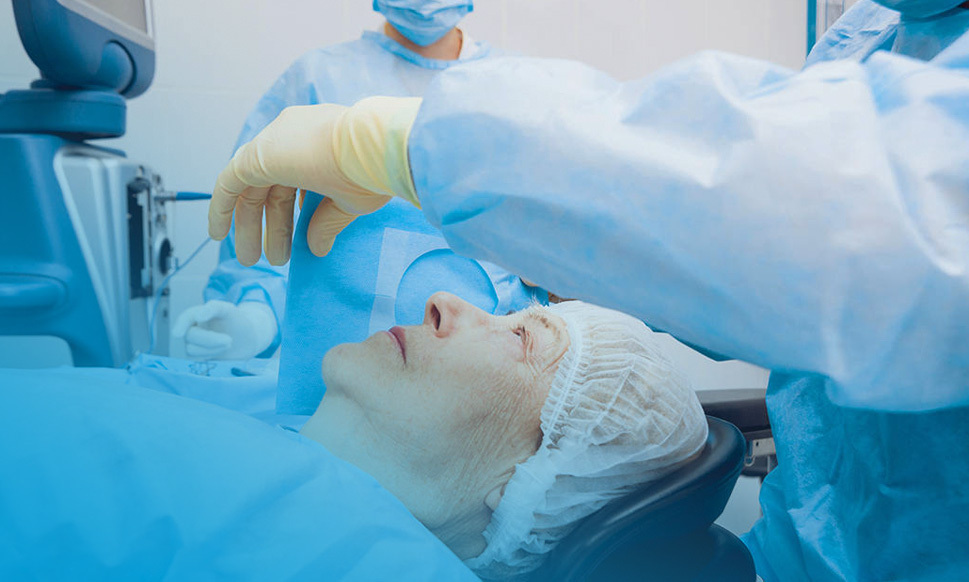
Also read: Cataract Care Made Simple: Discover Our Painless, Injection-Less Approach
Natural Remedies for Cataracts
While cataracts cannot be reversed naturally, dietary changes may benefit overall eye health:
- Antioxidant-Rich Diet: Foods with vitamins C, E, and beta-carotene support eye health.
- Omega-3 Fatty Acids: Fish and nuts can help protect against stress to your eyes.
- Hydration: Staying frequently hydrated can benefit in maintaining eye fluid balance.
Cataract Surgery: The Definitive Treatment Option
In cases that have an enhanced severity, cataract surgery is the most effective treatment that can be the most effective method in restoring clear vision. A surgical procedure would typically involve the use of ultrasound technology that would remove the clouded lens, which can then be replaced with an artificial intraocular lens (IOL) to enhance and clarify better vision. Most patients can easily resume normal activities just after their surgery, although they would take a few more weeks to attain a full recovery. This time would allow their eye to adjust to the new lens and to in- turn achieve an optimal vision.
In severe cases of cataract , when vision impairment significantly affects one’s daily life, an intravenous cataract surgery is the most effective option for treatment. This procedure would normally begin with the removal of the eye’s natural lens, which should be clouded by cataracts. In most modern procedures, an ultrasound phacoemulsification, are typically used to crack those clouded lenses, which would then be gently removed through a small incision.
Once those old lenses are removed, it would then be replaced with an artificial intraocular lens (IOL). This new lens can instantly restore clarity and focus, often providing a vision that is as good as or even better than the one before. . The type of IOL that will be used may vary, with improvised tailored functions that can always improve near, far, or even multifocal vision, allowing patients a plethora of visual benefits.
Recovery from a cataract surgery can be really quick without much pain or discomfort. Normally, most people would resume their regular activities within a day or two. However, it may take a few more weeks for the eye to fully heal to give a stabilised vision. During this time, patients may sometimes notice significant improvements in clarity, with enhanced colour vibrancy. With an ensured success rate which is extremely high, cataract surgery would not only restore sight but also will significantly enhance the quality of life, allowing people to return back to their activities they may have struggled prior to their surgery, which may include reading, driving, and other tasks that require sharp vision.For those who are going to various symptoms that are discussed here for Cataracts, if you feel like having more information on things that we have discussed here, you are welcome to schedule a consultation with Fathima Eye Care. Our specialists can readily offer you with personalised care and can help in guiding your treatment journey, to ensure better protection of your vision and enhance quality of life.




